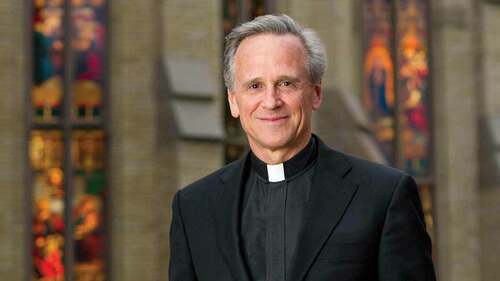
In recent weeks, New York state legislators passed and its governor signed into law a bill sweeping away protections for unborn — and some born — children. New York law now allows abortions any time up until delivery for vaguely defined reasons of “health,” including social well-being. The legislators removed from law provisions that require the mother’s consent, that allow manslaughter charges against an abortionist who causes the woman’s death during an abortion, that discourage self-induced abortions and — shockingly — that require care for a child born alive during an attempted late-term abortion. [House Minority Whip Steve Scalise (R-La.) and Rep. Ann Wagner (R-Mo.) introduced a resolution on Wednesday (Feb. 6) that would require babies who survive attempted abortions to receive medical care; Sen. Ben Sasse (R-Neb.) also tried to seek unanimous consent for a similar law, but was defeated by the objections of Sen. Patty Murray (D-Wash.).] The New York law has been described by abortion rights advocates as an “inflection point” that will add momentum for expanded access to abortion in states such as Connecticut, Colorado, Delaware, Massachusetts, New Jersey, New Mexico and Wisconsin.
Signed on Jan. 22, the anniversary of Roe v. Wade, the law is seen as a reaction to a potential threat to that decision in the Supreme Court as currently composed. As such, the legislative initiative follows a pattern, adopted by both left and right, that makes our political life today so toxic: When your position is challenged, adopt an even more extreme, inflexible version of it, thereby eliminating any possibility of any reasonable compromise. We see that pattern in debates about immigration, a border wall and international agreements. It recently shut down our government for 35 days.
The new legislation will no doubt deepen the wound on the body politic that is the abortion controversy. In addition to aggravating the denial of equal justice under law for the unborn, it will steal away the time, energy and goodwill we need to work together as a society to require that men support the children they father and the women who are their partners, and to strengthen families. It will distract us from efforts to provide financial, medical and emotional support for expectant mothers, and daycare, access to good schools for their children, health care and economic opportunities for them when a child is born.
The laws that have, throughout human history, protected unborn and new life did not arise from some obscure ecclesiastical doctrine or particular ideology, but from a moral instinct we all share to care for innocent human life. As the late Pennsylvania Gov. Robert Casey said on a visit to Notre Dame, “A pro-life consensus … grows every time someone looks at a sonogram.” Such a sensibility is fundamental to human civilization. It is behind not only laws that protect the unborn or infants, but the protection for all innocent and vulnerable life. The great threat of the New York law is not only that it will remove protections for children in or recently out of the womb as well as for the mothers’ lives, but that it will also further numb this moral instinct so central to our common life. History, sadly, is full of examples where the lives of one or another group is deemed not worthy of protection — whether it is the physically disabled, the cognitively impaired, certain ethnic groups or the old and infirm. As we contemplate the effects of this law and the lives it will take, we can only ask, with fear and trembling, “Who is next?”